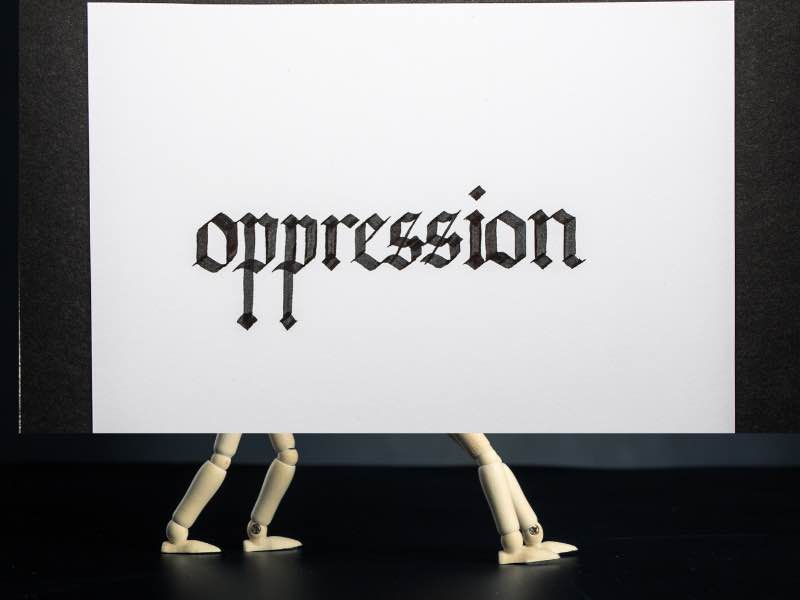Oppression Part 2: Who Can File for Oppression? Gue See Sew v Heng Tan Hai
by Lavinia Kumaraendran & Sean Tan Yang Wei ~ 23 April 2020


Lavinia Kumaraendran
Email: lkk@thomasphilip.com.my

Sean Tan Yang Wei
Email: tyw@thomasphilip.com.my
In a recent article (https://www.thomasphilip.com.my/articles/help-help-irm-being-oppressed-what-counts-as-oppression-of-minority-shareholders/), the factors that are considered in determining what constitutes oppression were discussed. However, aside from the substantial nature of an oppression petition, there is also the important pre-requisite of having the capacity to bring an oppression petition in the first place.
In legal terms, this is referred to as one having locus standi to file such a petition. There is a substantial amount of case law ranging from the High Courts to the Appellate Courts on this matter. However, one judgement, namely the recent High Court case of Gue See Sew & Ors v Heng Tang Hai & Ors [2020] MLJU 46, decided by Ong Chee Kwan JC is of great importance. This article will seek to address the discussion therein.
Section 346(1) of the CA 2016 stipulates that any member or debenture holder may apply to the Court seeking the relevant remedies in the case of oppression. A ‘member’ is defined to mean a person whose name has been entered on the register of members as the holder of one or more shares in the company for the time being. This is especially important because although one may be a shareholder of a company, if the said person’s name has not been entered on the company’s register of members, they would not fall within the definition of a member under Section 2(1). This very definition has led to oppression petitions being dismissed simply because the petitioner did not satisfy the statutory requirement of being a ‘member’ of the company albeit the fact that he may be a shareholder or that oppression could have been proven.
This strict statutory pre-requisite was the center of contention in Gue See Sew. Here, the Plaintiff’s presented the originating summons in their capacity as beneficial shareholders of the subject company by way of trust deeds executed between the Plaintiffs and the 1st and 2nd Defendants who were directors of the company. The Defendants contended that the Plaintiff’s contentions were baseless as the Federal Court decision in Jet-Tech Materials Sdn Bhd & Anor v Yushiro Chemical Industry Co Ltd & Ord [2013] 2 MLJ 297 had previously held that one who claims to have a beneficial interest in the shares of a company through a registered member does not have the requisite locus standi to present a petition under Section 181 of the Companies Act 1965 which was the then governing provision in relation to oppression petitions.
However, Ong Chee Kwan JC was reluctant to apply Jet-Tech and instead referred to the Federal Court decision of Owen Sim Liang Khui v Piasan Jaya Sdn Bhd & Anor [1996] 1 MLJ 113 which essentially held that although it is a requirement that a petitioner must be a ‘member’, the said requirement is not a universal rule, but rather a general one. The Federal Court here was reluctant to set in stone these strict pre-requisites accounting for exceptional situations where it would be unfair or unjust to uphold these requirements.
The Federal Court referred to the doctrine of estoppel in these exceptional cases where although the petitioner’s name had not been entered into the register of members, the company had always treated the petitioner as a member. To quote, it was held that “it does not lie in the mouth of the alleged wrongdoers to say that the appellant has no ground to stand on after having cut the very ground from under his feet.”
Ong Chee Kwan in Gue See Sew applied the dicta in Owen Sim in deciding that the Plaintiffs although beneficial owners of shares of the company still had the requisite locus standi to file their petition. The following are the reasons and considerations the Judge took into consideration to arrive at his judgement:
- The 1st and 2nd Defendants who were directors of the company had previously acted in a manner that recognized the Plaintiff’s as members of the company. This was done through regular meetings between the parties as shareholders.
- The 1st and 2nd Defendants dealt with the Plaintiffs in accordance with the Shareholders’ Agreement where they obtained the Plaintiff’s approval for certain matters such as the Managing Director’s salary and allowance.
- The 1st and 2nd Defendants had also acknowledged that the Plaintiff’s were entitled to receive dividends by certifying and paying said dividends directly to the Plaintiffs.
It was also stated that in relation to beneficial owners of shares, they would have locus standi to bring an action for oppression in circumstances where their membership is yet to be perfected. From the above, it is clear that Ong Chee Kwan’s dicta operate largely towards the aim of reconciling the strict requirements of the CA 2016 and preventing unjust and unfair circumstances. Therefore, although the case of Gue See Sew concerned beneficial owners, it may also be applicable in other instances where the defendants should be estopped from challenging the plaintiff’s locus standi in light of past conduct which recognize the Plaintiff as a member.
In a nutshell, although Section 346(1) is strict in its operation, the judgement in Gue See Sew is a step in the right direction towards the application of the said provision in a more fair and just manner. In any event, whether or not an individual would have locus standi to bring an action for oppression would turn largely on the circumstances of the case and past conduct of directors and members in the conduct and manner of the management of the Company which considerations may influence the Court’s decision in recognizing one as a member.